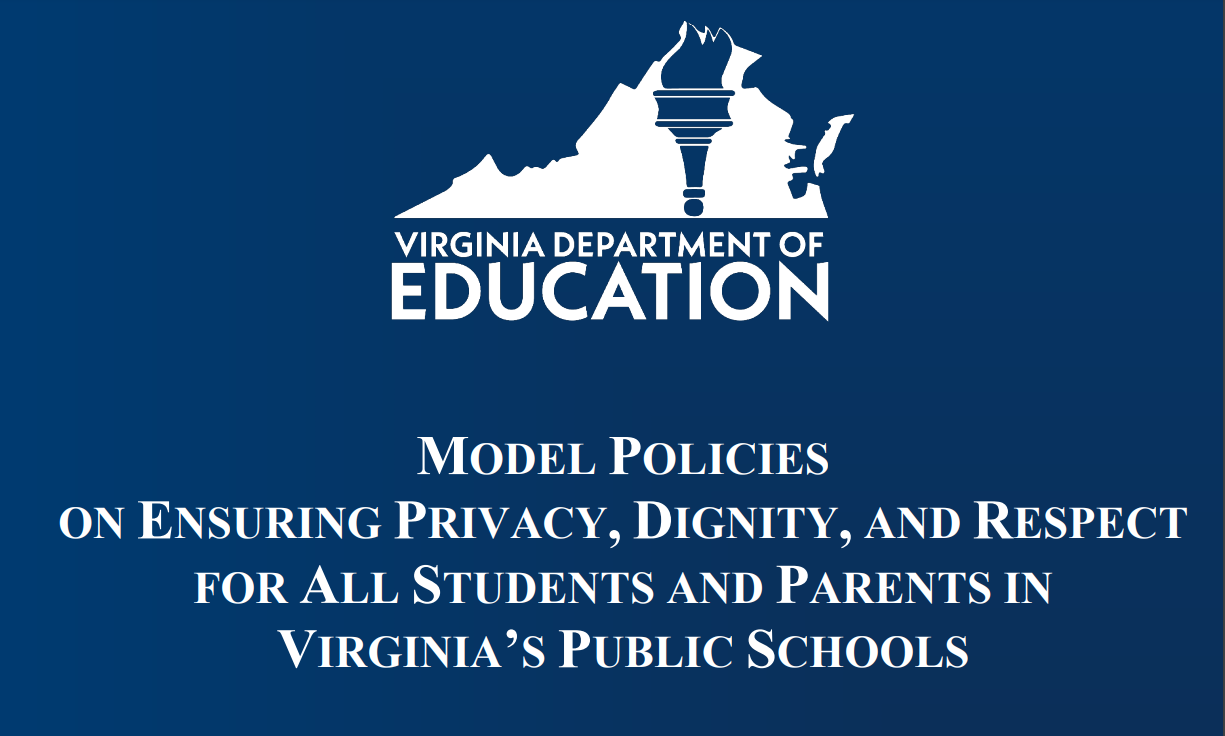It’s finally starting to feel like spring in the DC area, and we’re wishing a happy Ramadan and easy fast to those who are celebrating this month!
BIGGEST COLLEGE-RELATED NEWS OF THE WEEK
FIRST DIGITAL SAT ADMINISTRATION TAKES PLACE
The first official (non-pilot) nationwide administration of the digital SAT took place on Saturday, and reports from students have been pretty positive so far! In addition to being online, the test is now adaptive — meaning that the difficulty of students’ questions will be impacted by their performance as they proceed through the exam. The new version is also significantly shorter than it was in the past, coming in at just over two hours with only two sections. I’m so glad it went well!
BROWN, PENN, AND UT AUSTIN ANNOUNCE TESTING POLICY UPDATES
Last week, Brown announced that they will reinstate the standardized testing requirement for the Class of 2029 (current high school juniors). The announcement also reaffirmed their decision to continue offering early decision and recognizing legacy applicants — for now, anyway. The University of Texas at Austin made a similar announcement about reinstating test scores yesterday, citing strong data-backed evidence pointing to the predictive power of standardized test scores on undergraduate performance. Penn, on the other hand, has chosen to buck this testing trend: the university will remain test optional for the upcoming admissions cycle.
LEGACY ADMISSIONS OFFICIALLY BANNED IN VIRGINIA
We knew it was coming, but Gov. Glenn Youngkin signed bills on Friday to ban legacy admission in the Commonwealth of Virginia, a move that is expected to impact applicants most at UVA and William & Mary (read the article’s quotation from William & Mary carefully, as it’s misleading, in my opinon — while everything stated is technically true, it seems to suggest that they haven’t historically given legacy applicants special treatment. I’m not even a critic of legacy admissions, but if that’s what they are suggesting… well, it’s just plain inaccurate). In other news, U.S. Senators Tim Kaine and Todd Young are now embarking on a bipartisan effort to ban legacy admissions on a national level.
PROVIDENCE COLLEGE STUDENTS SEND CAMPUS SECURITY GUARD HOME TO VISIT FAMILY
Such a sweet story out of Providence College! A group of students learned that one of their campus security guards had not returned to his native country, Nigeria, in over 11 years — and had not seen his son since he left. They organized a GoFundMe that raised money for him to take a trip home, and ended up with over $15,000!
SPELMAN LAUNCHES INNOVATIVE PROGRAM TO CREATE FUTURE BEAUTY INDUSTRY LEADERS
Did you know that Black beauty brands only make up a tiny 2.5 percent of the cosmetics and personal care market, despite the fact that Black women spend billions of dollars each year on those items? Spelman College did, and administrators and faculty are stepping up to flip that script. The Atlanta HBCU just announced a significant expansion of their cosmetic science program, including a minor in cosmetic science and a special concentration in “cosmetic chemistry” for chemistry majors. SO COOL!
BEST ARTICLES OF THE WEEK
I really enjoyed last weekend’s New York Times piece entitled “We Tried to Create a Diverse College Class Without Affirmative Action,” in which researchers presented interactive visual models depicting the differing impacts of various policies on admitted student diversity, in an effort to create a diverse class without traditional affirmative action policies. The findings were interesting: giving low-income students an admissions advantage resulted in a significant amount of economic diversity, but a very small increase in racial diversity. Giving an additional advantage to students from low-performing schools helped some, but not much. So what worked best? A two-part process that (a) identified “outlier” students that performed significantly better from their peers in the same environment, no matter what that environment was; and (b) an expanded recruiting strategy that targeted students who may not have otherwise chosen to apply to highly selective colleges.
We’ve shared a number of recent articles about why certainly highly competitive schools have made the decision to reinstate standardized testing, but this piece from The Atlantic does a great job of delving more deeply into why test-optional admissions policies hurt disadvantaged students in particular. Some of the analysis here aligns closely with the findings mentioned in the New York Times article above, too - especially the Michigan example.
I have worked with teenagers for my entire career — well before I had children. Yet as my oldest inches closer and closer to her teenage years, it’s been so interesting to see how my experiences as a parent have impacted my professional perspective. I really felt torn as I read “The Parents in My Classroom”, a Slate piece written by a teacher who complains about parents trying to maintain constant contact with her high school students during the school day. She writes that “increased parental surveillance has blurred the boundaries between home and school so much that students are not developing into independent thinkers,” and the professional in me knows she’s absolutely right. But the mom in me … well, I see the other side too — in a way that I probably wouldn’t have before. I guess the best we can do sometimes as parents is to educate ourselves about the “right” thing to do while still keeping practicality in mind.
OFFICE HAPPENINGS
There’s been a ton going on in our office lately - from RD decision releases to college essays to hiring a new counselor (more on her later!). And the ACC tournament is in DC this week! Is anybody going?
Have a great week!




































